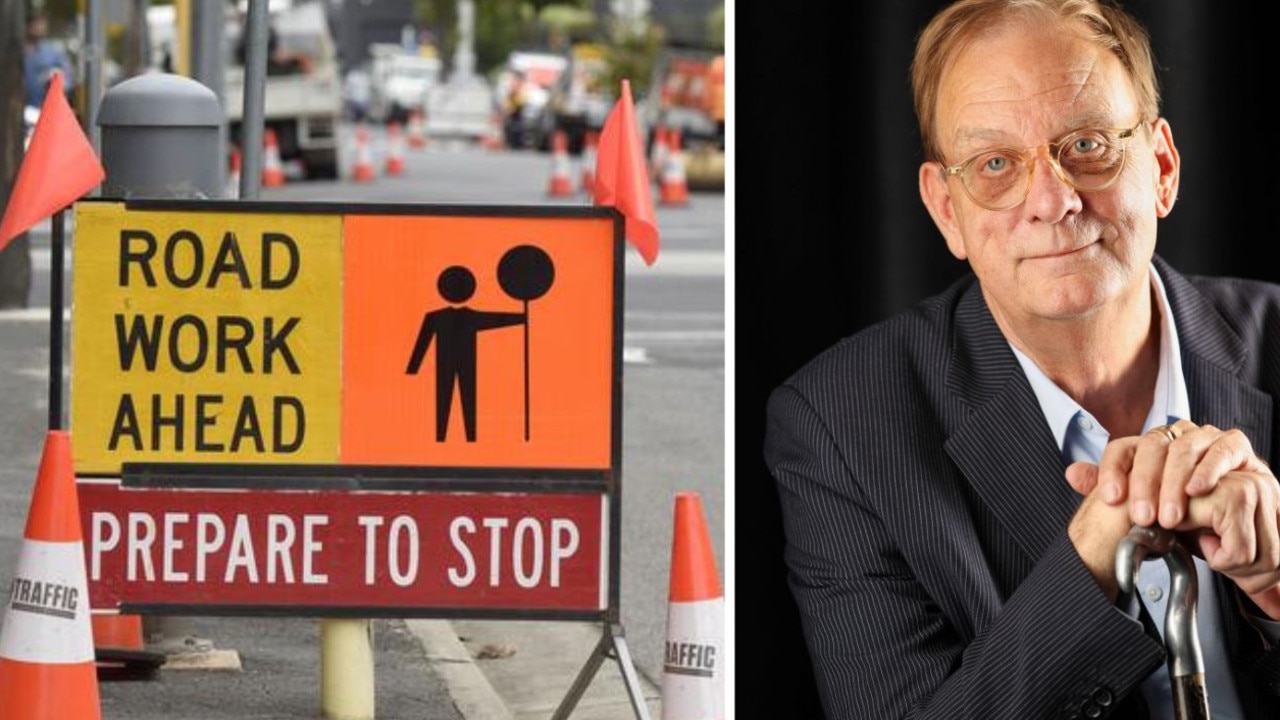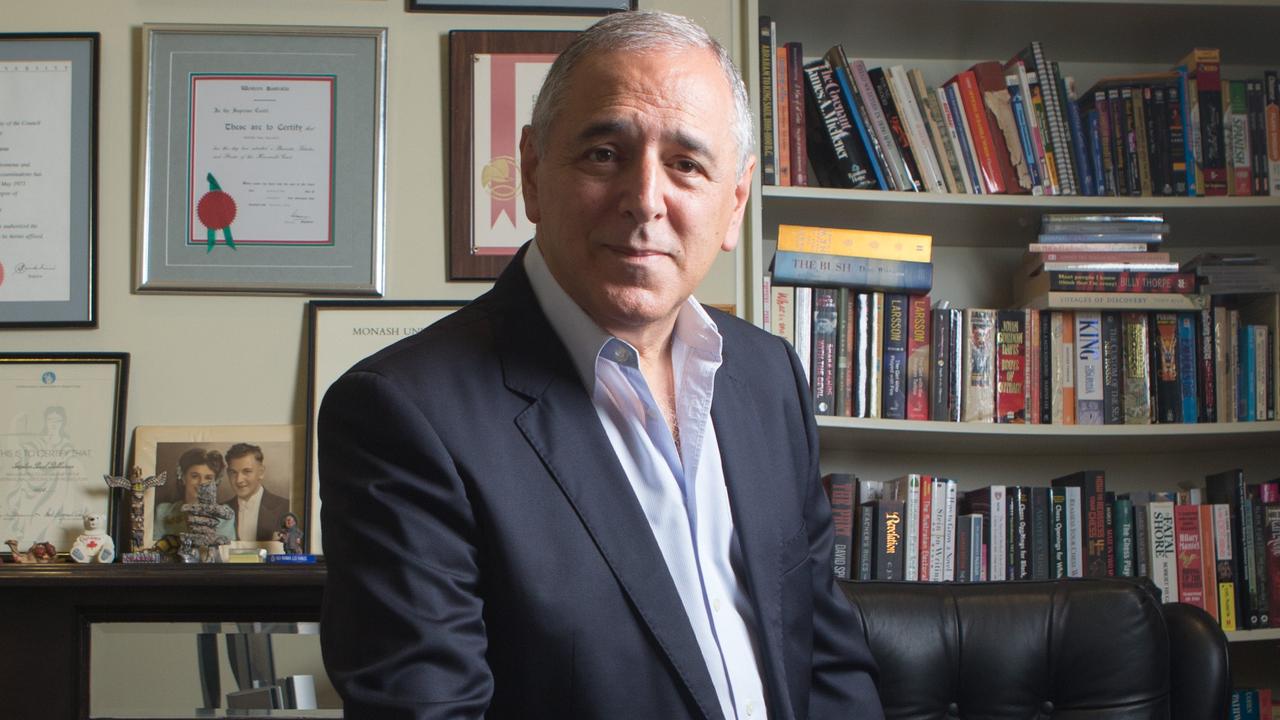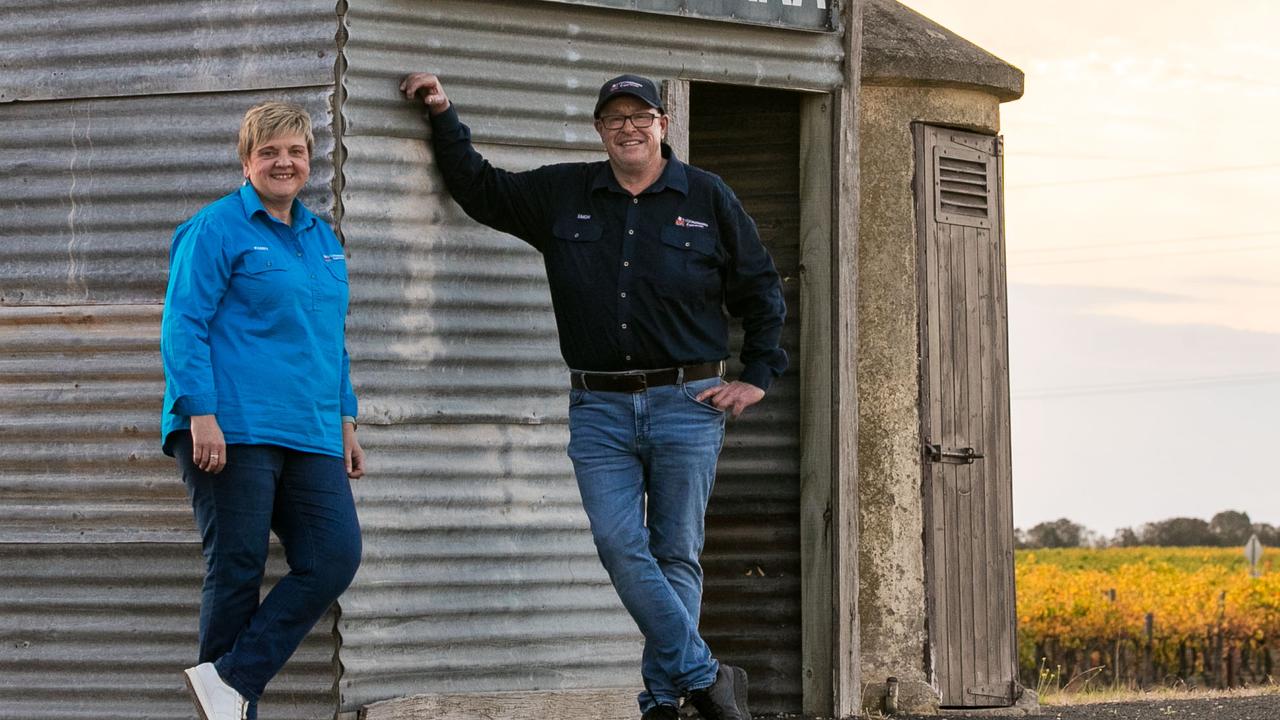Far more must be done to help small business in South Australia, David Penberthy says
You won’t hear the state or local governments calling any crisis meetings over this issue or doing anything about it. As David Penberthy writes, it’s an abject failure that’s crippling our state.
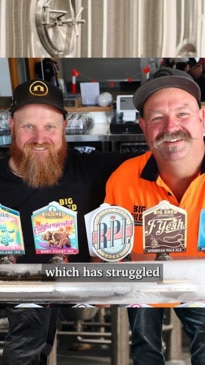
SA News
Don't miss out on the headlines from SA News. Followed categories will be added to My News.
There is a saying in politics and business that organisations can be “too big to fail”.
What it means is that some institutions play such a vital public role that everything must be done to ensure their continued operation.
You saw this at play when dark clouds began to gather over the domestic car industry, with public policy in this state being dominated through the 1990s and 2000s by the desperate rearguard action to save jobs and keep local production alive.
You have seen it before and are now seeing it again with the Whyalla steelworks where Energy Minister Tom Koutsantonis travelled to Europe last week to ensure the company has a plan to keep its furnace operational.
You are seeing it with the Western Hospital in Grange where Treasurer Stephen Mullighan has been following the process every step of the way to save jobs and vital health services.
Then there are those business that aren’t too big to fail, but small enough to fail without anyone in power doing anything to help them.
They are coffee shops. They are sandwich bars. They are restaurants. They are retail outlets. They are garden centres.
They employ three people, or 10 people, or 20 people. In an individual sense, their demise causes the merest of blips in employment statistics and has negligible impact on the state’s economy.
When these businesses close, or signal their fear of closure, they don’t get a special cabinet meeting.
The best they get is platitudes saying it’s a terrible shame and that things are clearly tough out there. Sometimes they don’t get mentioned at all.
The individual demise of these businesses might be a blip on the radar but the collective impact is enormous.
The roll call of small businesses which have shut across SA this past 12 months is too long to document here.
The Advertiser has done a thorough and sombre job documenting their demise, the scale of which is such that it forms an interactive online map on the newspaper’s website.
The reasons for all these closures are manifold. One of the biggest obviously is the cost-of-living squeeze where regular customers are forgoing coffees, fewer people are eating out, as the impact of rate rises and price hikes continues to hit.
Working from home also means there are fewer people out and about.
Many of these factors are beyond our control as a state. Others are not.
Our state government has gone missing on the question of all these small business closures.
The fact that one small business employing four staff has gone under is not grounds for a special cabinet meeting; the fact that dozens of them have gone under should be.
The two biggest problems facing business which we can act on are energy and red tape, both state government and particularly local government red tape.
The demise of the much-loved Vadoulis Garden Centre is a prime example.
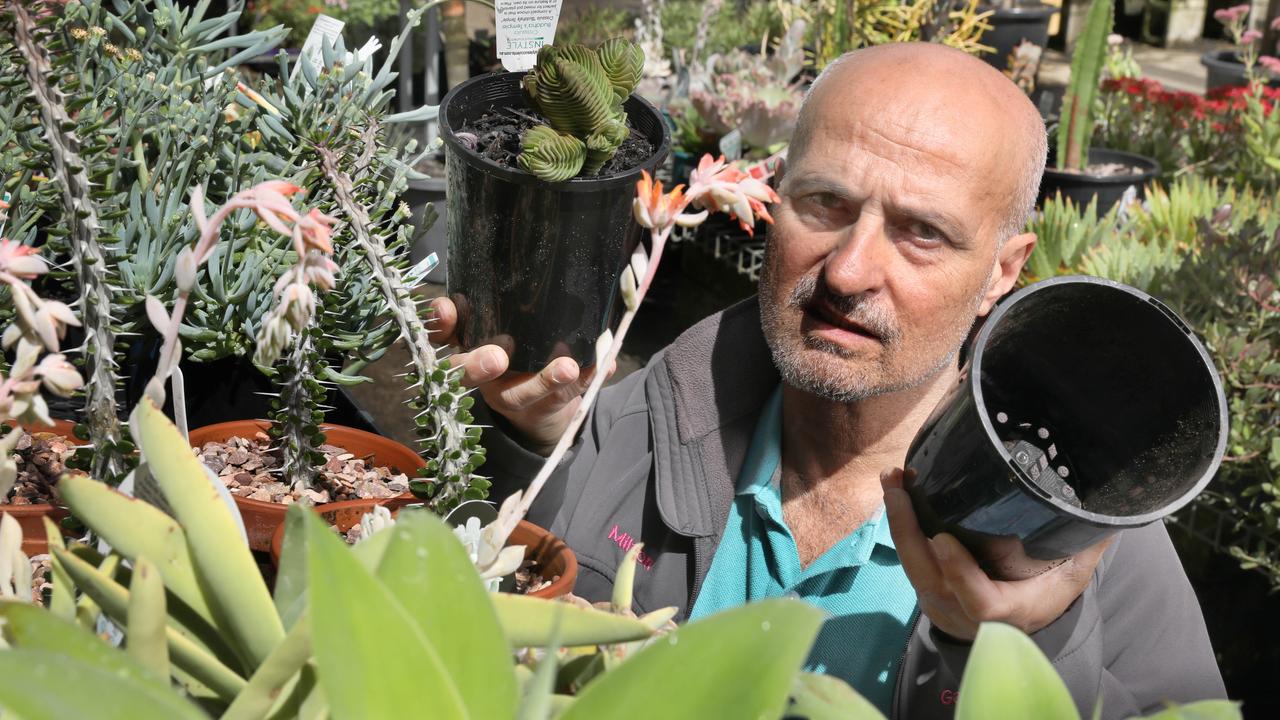
We broke the news of its demise last week with Milton Vadoulis telling us that this northern suburbs business of more than 60 years standing simply could not cope with government red tape and its pedantic local council anymore.
Plans to develop the business further were targeted by a bunch of council-backed Nimbys, and with indifference from the local state Labor MP, Mr Vadoulis on the cusp of retirement decided it was all too hard amid the other cost pressures the business is facing with spiralling power and water bills.
Gone, a business that employs some 20 people and has given hundreds of others jobs in an area of above average unemployment.
You get the bleak sense that things are going to remain bad and probably get worse for small business.
They’re facing huge increases in council rates and continued soaring utility bills, with the shambolic state of our power industry documented by AEMO this week painting a picture of unreliability and unaffordability.
To his credit, Peter Malinauskas has shown more sense than most Labor figures by being solid in his support of gas, working to add hydrogen to the renewable mix, and advocating a mature debate over nuclear, but in the here and now, more needs to be done at the state level.
There are two things the state government should do.
The most important is to commission an independent audit, led by small business, to provide a 360-degree of how all state government and crucially local government policies are affecting the small business sector.
The role of local government in all this is massive, with almost everything business does – be it development applications, rates, planning and compliance issues – coming under the purview of these amateurish councils.
We have the absurdity of cash-strapped councils such as Burnside proposing 14.5 per cent rate hikes and Holdfast Bay looking at levies in addition to rate rises to pay down debt, largely as a foil for their fiscal ineptitude.
Too many people sitting in the cushy seats in the public sector making decisions that can be the nail in the coffin in the private sector.
The second thing is to elevate the small business portfolio to give it almost as much weight and oomph as the treasury, or perhaps combine it with the role of Treasurer.
Small business is the engine room of the SA economy. It’s long been the case in SA with so few major companies headquartered here.
With his pro-small business background as a retail union boss who worked collaboratively with the Roger Drakes of this world, Malinauskas knows this better than anyone.
As Milton Vadoulis said the day after posting his closure on Facebook, no-one should think he’s going to be the last of these businesses to go under.
“I think in the next year, maybe even 18 months there is going to be a lot go through closure. There are many reasons for that, but the main one – it’s just too hard.”
More Coverage
Originally published as Far more must be done to help small business in South Australia, David Penberthy says





